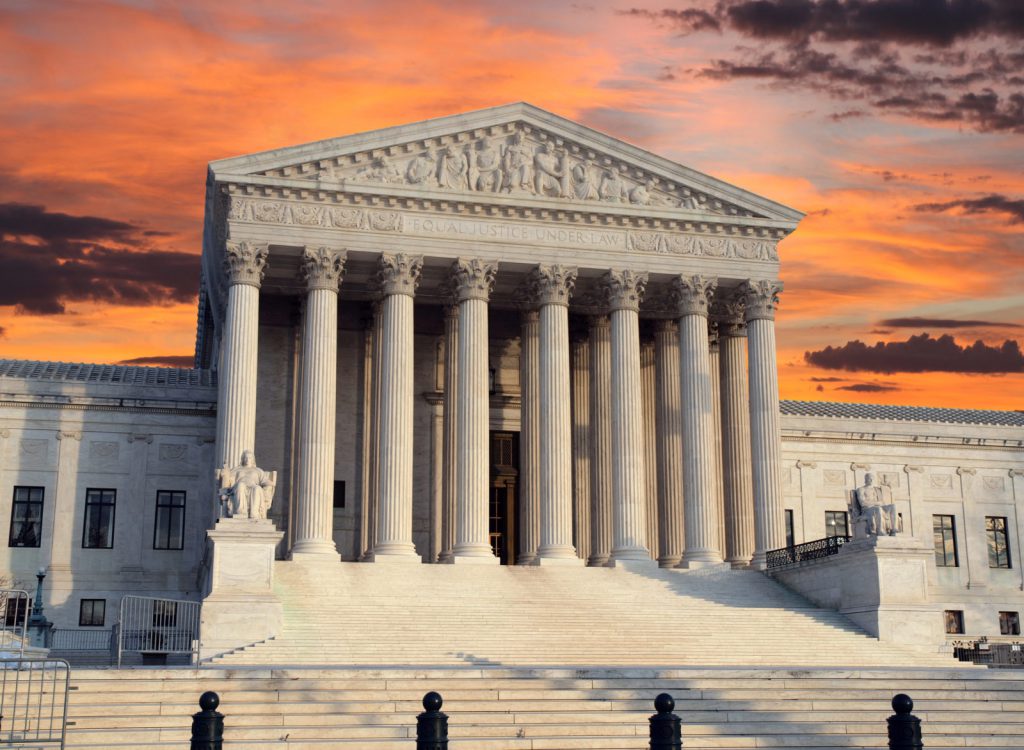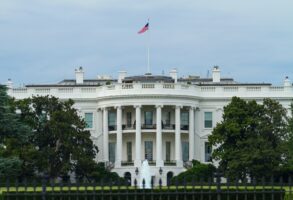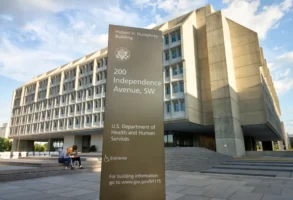
Published April 14, 2016
If you’re following the Little Sisters of the Poor case that is now before the Supreme Court, I highly recommend reading Michael McConnell’s comments on the supplemental briefs filed in the case yesterday, here.
McConnell puts his finger on exactly the sense I had in reading the government’s brief—the sense that the entire fight about religious liberty created by the administration’s mandate that employers who offer health insurance must include coverage for free access to some abortive and contraceptive drugs has just been so gratuitous and avoidable. It is a culture war of choice on the part of the Obama White House.
It’s important to see that the Obama Administration picked this fight. The so-called HHS mandate is not in the Obamacare statute, and indeed if it had been in the law there is no way that Obamacare would have passed either house of Congress in 2010, even given the Democrats’ control of Congress then. Rather, the mandate is a function of the administration’s interpretation of a very broad provision of the statute allowing HHS to define the minimal requirements for health insurance coverage. The administration was under no legal obligation to include contraceptive or abortive coverage in that definition. The White House chose to do that, surely knowing that it would invite exactly the kind of fight that has ensued.
Having sparked that fight, the administration has since worked at every turn to minimize and narrow any religious exemption included in the rule. Even if you accept the goal of the rule, it’s perfectly clear that there are many other avenues to advancing the administration’s aims than the kind of requirement that has brought an order of nuns into court. But the administration has insisted on the most aggressive approach it can get away with.
Yesterday’s briefs were filed in response to a request from the Court, following oral arguments, that both parties to the case offer a view on whether a broader accommodation might satisfy their concerns. The brief filed on behalf of the Little Sisters of the Poor states plainly that such accommodations are possible from their point of view. The administration’s brief ties itself in knots to avoid answering the question but, as McConnell well points out, ultimately agrees that some such accommodation could work.
It has to leave the reader wondering just why all of this has been necessary. Why has this become a heated political battle and a Supreme Court case? It’s hard to avoid one simple answer: It has happened this way because the Obama administration wanted it to. The president saw an advantage in going out of his way to spark a highly divisive cultural, political, and legal battle that leaves some of his fellow Americans with the sense that their most basic liberties are threatened rather than going out of his way to avoid it. He may feel justified in that view, in light of how that fight has gone. But that is no excuse.
Yuval Levin is the Hertog Fellow at the Ethics and Public Policy Center.








